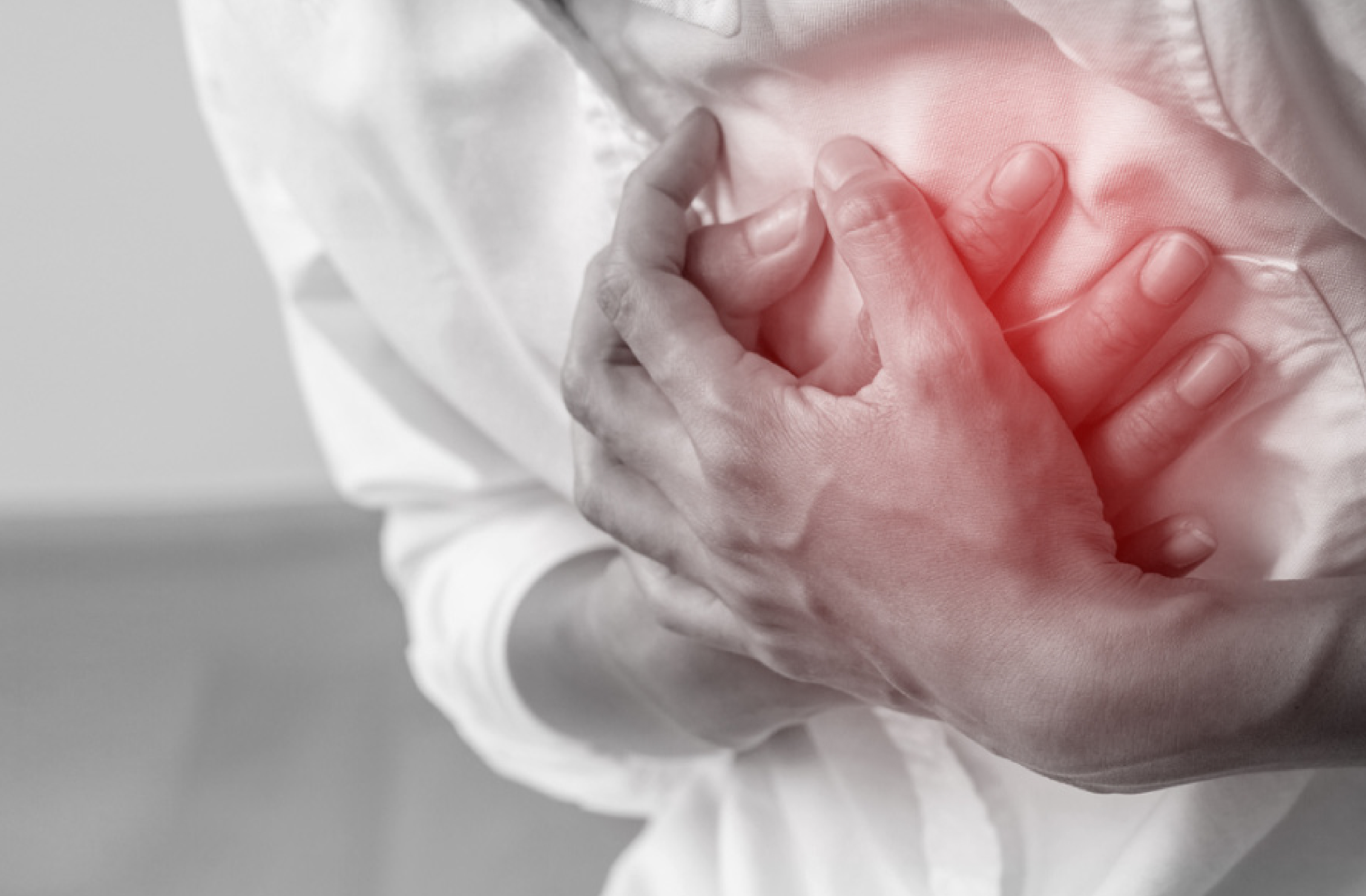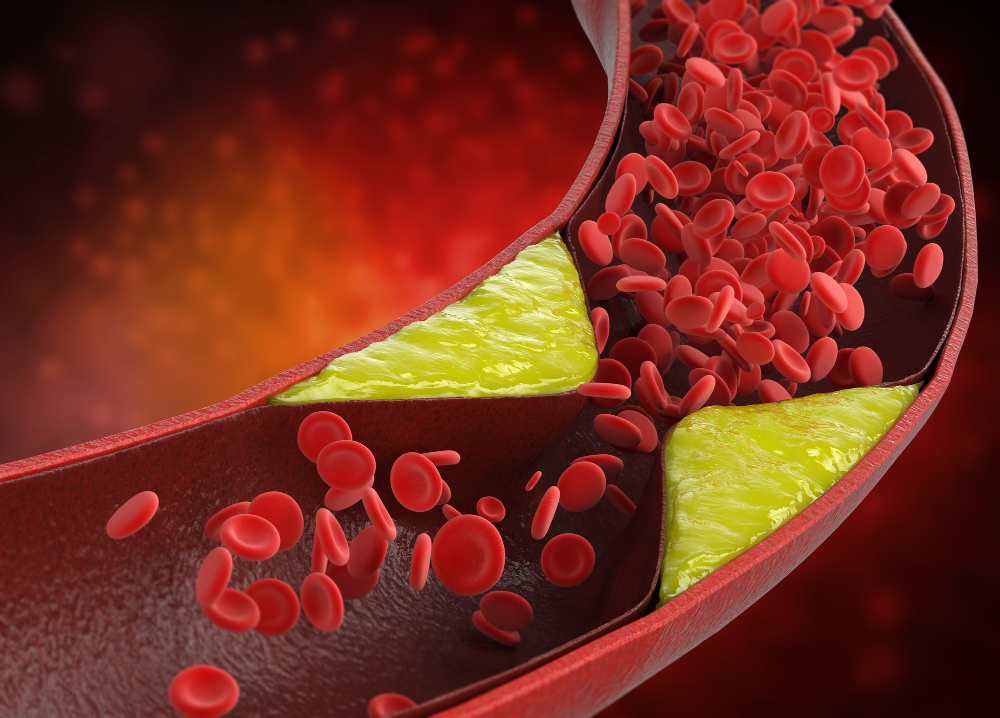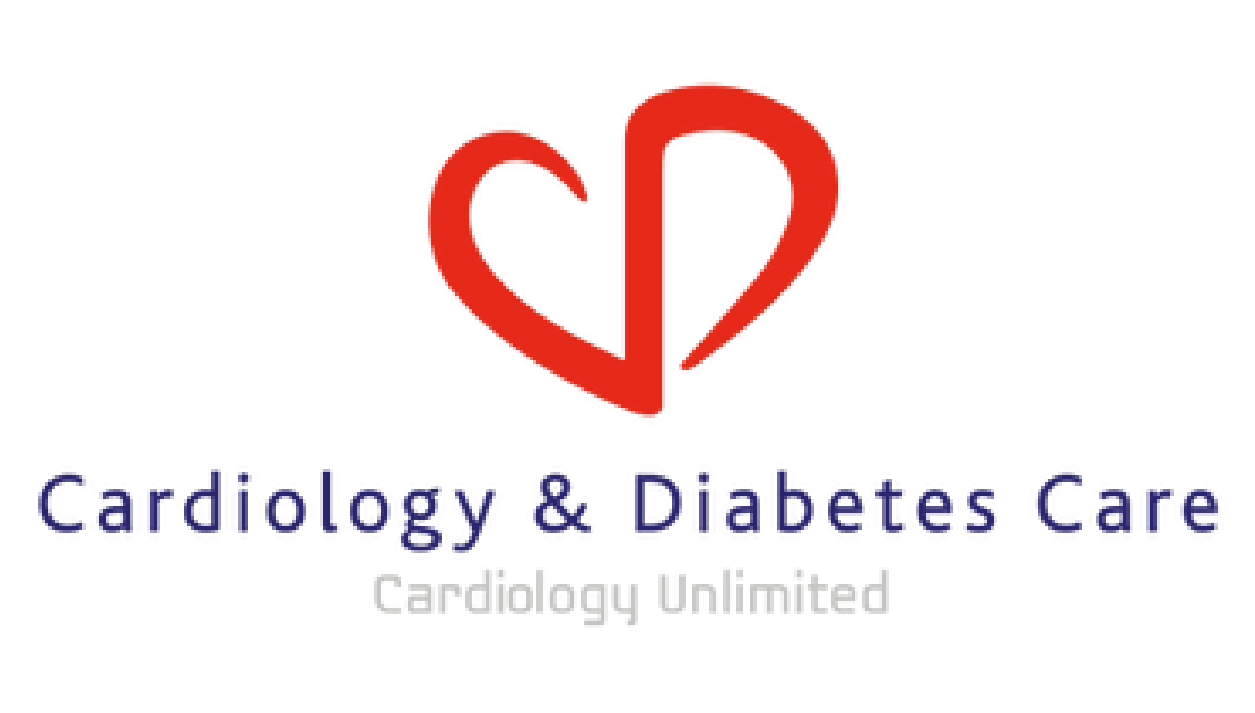The heart is the most important muscle in your body, and the rate of surviving heart failure is only 65% in the first year of treatment, 75% in the second year, 85% in the third year of treatment; therefore, wasting time is akin to playing Russian Roulette with your life and it is important to start treatment immediately if you have any of the following telltale symptoms.
Unfortunately, most symptoms of heart disease are written-off as “nothing” by the people who are at the highest risk. For this reason, it is imperative to educate yourself about the symptoms of heart disease so you can be proactive and recognize the signs of cardiac problems. If you have any of the following 12 telltale symptoms of heart disease, do not ignore them, be proactive about your care, and increase your chance of surviving heart disease.
CHEST DISCOMFORT
The most telling symptom of heart problems is chest discomfort under the left-center of one’s breastbone. A burning or tight sensation, regardless of how mild could be a sign of an upcoming cardiac incident.
PAIN
Pain often starts in the chest and spreads to the shoulders, hands, elbows, arms, abdomen, back, neck, or jaw. This pain may be intermittent or mild in nature.
ANXIETY
Heart problems often come hand-in-hand with intense anxiety and a phobia of death. Heart attack survivors often describe feeling an pervasive sense of doom.
IRREGULAR PULSE
Rapid or irregular pulses are often seen in patients suffering heart attacks, heart failure, or arrhythmias. If your pulse is rapid or irregular, then seek immediate medical treatment.
COUGH
While a cough can be a sign of another illness, coughing or wheezing can also be a result of fluid accumulating in the lungs.
If you ever cough up bloody phlegm, seek immediate medical care.
SHORT BREATH
Often, people suffering a cardiac event may not exhibit signs of chest pain. In these cases, a shortness of breath or tightness in the chest is often observed. This phenomena is especially common in patients suffering from Chronic Obstructive Pulmonary Disease (COPD).




